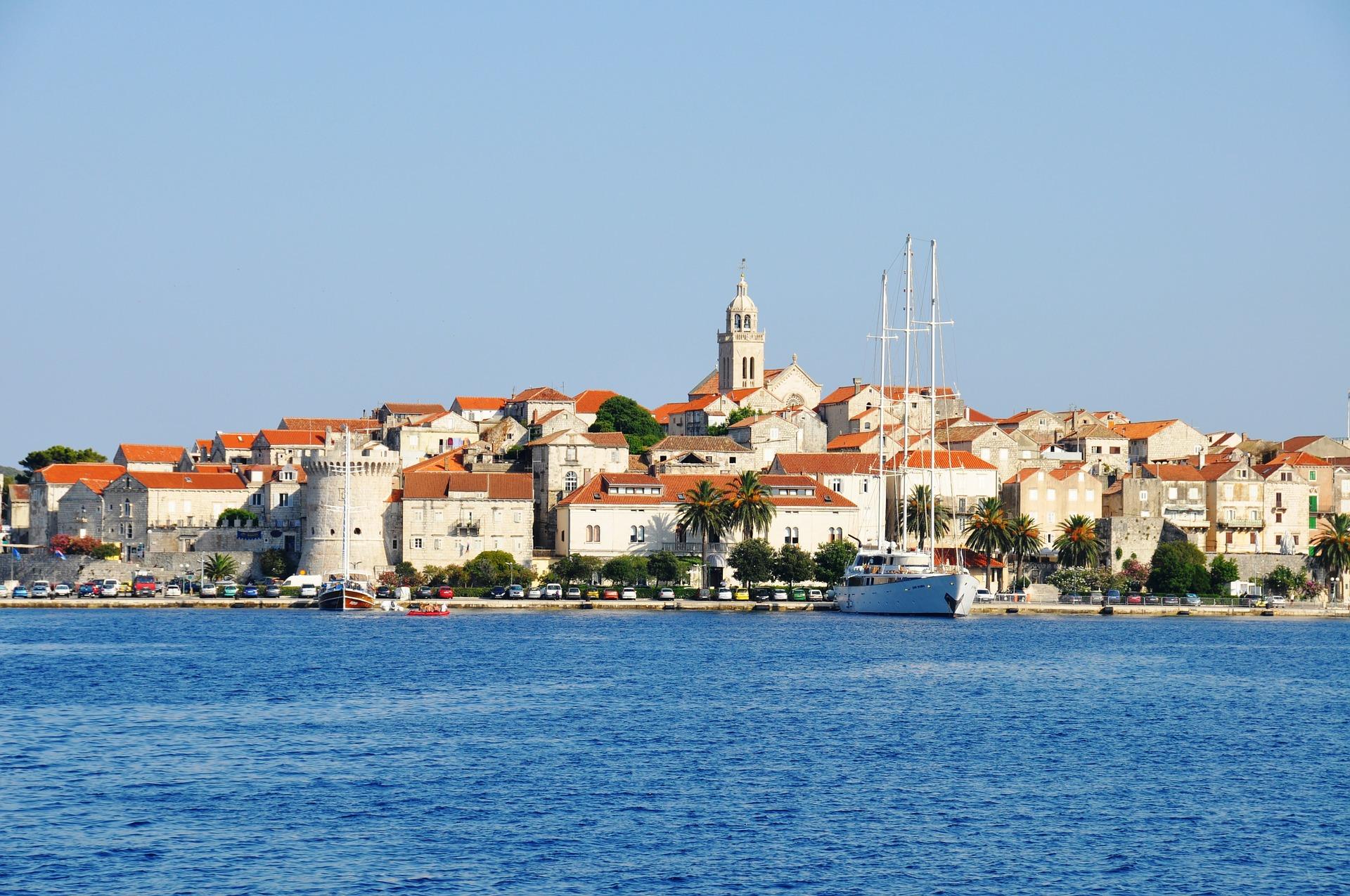
In April 2021, the US Embassy in Croatia approved funding for the Island Movement‘s project “Exploiting the Energy Potentials of Croatian Islands” with the purpose of research into the energy potentials of Korčula.
Funds for the project were obtained from the US Embassy’s call for small loans called “Energizing the Balkans”. The Island Movement decided to focus on Korcula. This island was chosen because the Association has already started the mapping phase with the involvement of volunteers to apply for the competition.
Grant funding enabled the employment of the expert Mislav Škacan as project manager for the survey questionnaire and analysis of the situation and additional engagement of volunteer Dubravka Jeričević. She was responsible for the dissemination of survey questionnaires and volunteer Andrea Beader was in charge of the dissemination of questionnaires through portals and social networks.
Expert support was provided by the Movement’s volunteers Andreja Baraba, Maja Jurišić and Ivan Zoković.
A total of 123 participants completed the questionnaire and are currently living or working on Korčula
Of the total number of participants, 60 (48.80%) were men and 63 (51.2%) were women. Most of the participants are between 31 and 60 years old (respectively: 29.3% of them from 31 to 40, 24.4% of them from 41 to 50 and 20.3% from 51 to 60; a total of 74% of participants). There were no participants in the under-20 age group, and only two participants were over 71 years old.
The key findings were:
- 123 participants; equal number F and M
- most participants are between 31 and 60 years old
- most are highly educated people
- most are employed or self-employed
- mostly natural persons
- most participants are working in micro-companies
- In general, most participants want to invest with their financial assets in projects, but forty per cent of them still can’t decide whether to invest.
According to the participants, they need:
- More knowledge of energetics
- More knowledge of projects
- Financial assistance
- Project management assistance
- Associating with other participants
Half of the participants don’t have solar panels on their houses. A quarter of the participants are planning on installing them. However, most participants don’t know anything about the ESCO model. Still, almost half of them would like to learn more about it.
Most participants own an edifice without access to the electromagnetic network. Half of them plan to connect to the network, while 70% plan on creating their own network with energy storage. Regarding waste management, most participants have the option of waste sorting where they live, but 40% of them are not happy with the current waste management system.
